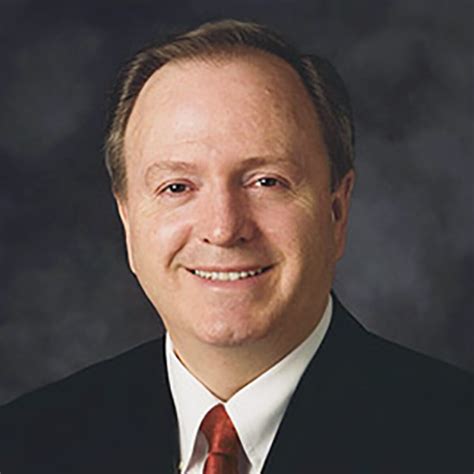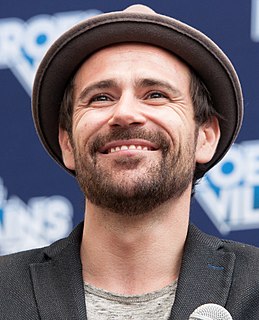A Quote by Reiner Stach
Kafka was certainly one of the great literary talents of the twentieth century, but he did not find his way to his own style until the age of nearly 30, so rather late. The disciplined immersion in unconscious psychical material is something he also learned only after long years of practice. When he succeeded in doing it for the first time - in the story The Judgement - it put him in a euphoric mood. He wanted to experience this again and again; the act of creation made him happy and proud.
Quote Topics
Act
After
Again
Again And Again
Age
Also
Century
Certainly
Creation
Did
Disciplined
Doing
Euphoric
Experience
Find
First
First Time
Great
Great Literary
Happy
Him
His
His Way
Immersion
Judgement
Kafka
Late
Learned
Literary
Long
Made
Material
Mood
Nearly
Only
Own
Practice
Proud
Put
Rather
Something
Story
Style
Succeeded
Talents
Time
Twentieth
Twentieth Century
Unconscious
Until
Wanted
Way
Years
Related Quotes
One of the most intensely unlikeable figures of the twentieth century, fanatical anti-Semite, enemy of labour unions and proud recipient of medals from Nazi Germany, where Hitler held him in veneration, Henry Ford was also an employer who paid his workers more than his competitors, an innovator who pioneered the assembly line and a visionary whose part in the creation of the twentieth century was so great that Aldous Huxley, in his Brave New World, prefigured a society whose calendar was divided into BF and AF-Before Ford and After Ford.
Again, after his fall, God gave him an occasion to repent and to receive mercy but he kept his stiff-neck held high. He came to him and said "Adam, Where are you?" instead of saying "What glory you have left and what dishonor you have arrived at?" After that, He asked him "Why did you sin? Why did you transgress the commandment?" By asking these questions, He wanted to give him the opportunity to say, "Forgive me." However, he did not ask for forgiveness. There was no humility, there was no repentance, but indeed the opposite.
In his sophomore year Wilbanks tried out for the high school basketball team and made it. On the first day of practice his coach had him play one-on-one while the team observed. When he missed an easy shot, he became angry and stomped and whined. The coach walked over to him and said, "You pull a stunt like that again and you'll never play for my team." For the next three years he never lost control again. Years later, as he reflected back on this incident, he realized that the coach had taught him a life-changing principle that day: anger can be controlled.
To no man does the earth mean so much as to the soldier. When he presses himself down upon her long and powerfully, when he buries his face and his limbs deep in her from the fear of death by shell-fire, then she is his only friend, his brother, his mother; he stifles his terror and his cries in her silence and her security; she shelters him and releases him for ten seconds to live, to run, ten seconds of life; receives him again and again and often forever.
It had ceased raining in the night and he walked out on the road and called for the dog. He called and called. Standing in that inexplicable darkness. Where there was no sound anywhere save only the wind. After a while he sat in the road. He took off his hat and placed it on the tarmac before him and he bowed his head and held his face in his hands and wept. He sat there for a long time and after a while the east did gray and after a while the right and godmade sun did rise, once again, for all and without distinction.
And he arose and came to his father. But while he was still a long way off, his father saw him and felt compassion, and ran and embraced him and kissed him. And the son said to him, 'Father, I have sinned against heaven and before you. I am no longer worthy to be called your son. But the father said to his servants, 'Bring quickly the best robe, and put it on him, and put a ring on his hand, and shoes on his feet. And bring the fattened calf and kill it, and cet us eat and celebrate. For this my son was dead, and is alive again; he was lost, and is found.' And they began to celebrate.
For here we are so blind and foolish that we never seek God until he, of his goodness, shows himself to us. It is when we do see something of him by his grace that we are stirred by that same grace to seek him, and with earnest longing to see still more of his blessedness. So I saw him and sought him; I had him and wanted him. It seems to me that this is and should be an experience common to us all.
A child in his earliest years, when he is only two or a little more, is capable of tremendous achievements simply through his unconscious power of absorption, though he is himself still immobile. After the age of three he is able to acquire a great number of concepts through his own efforts in exploring his surroundings. In this period he lays hold of things through his own activity and assimilates them into his mind.
































